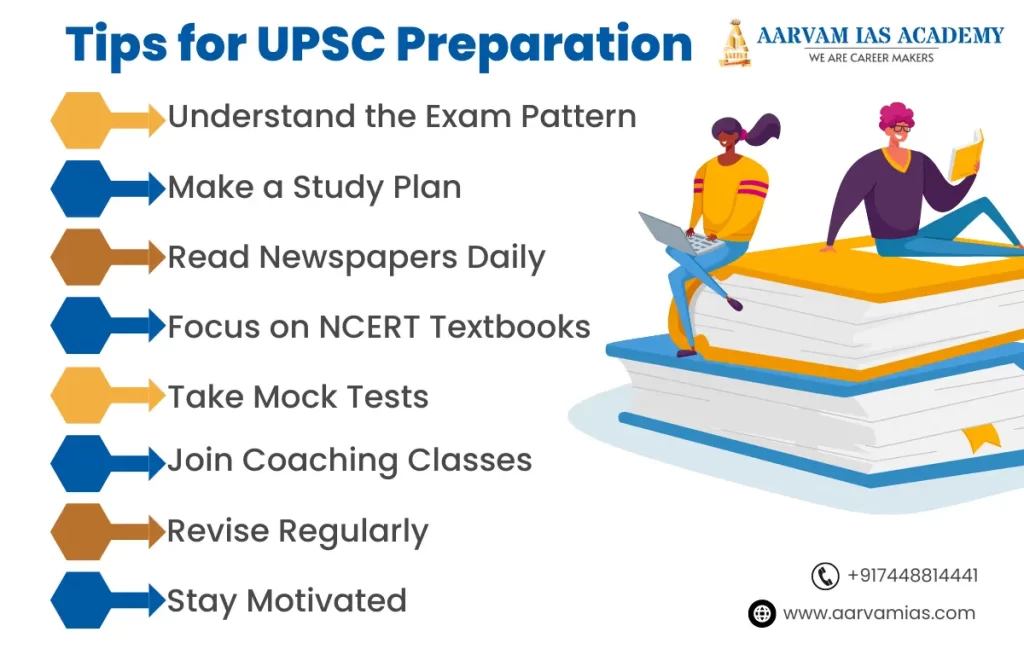The Civil Services Examination offers a vast scope when it comes to any type of high post job filling in the country. Mostly the exam is conducted by the Union Public Service Commission (UPSC). 23 posts are available under this single platform examination which is the UPSC examination. To crack this high post-UPSC examination you need to know the details of the Sociology Optional in Anna Nagar by joining the UPSC coaching center in Chennai as it can be the right one to guide you.
The top services Offered by this exam include the following post: – Administrative Service (IAS) and the Indian Police Service (IPS) with other types of posts like Indian Foreign Service (IFS), Indian Revenue Service (IRS), etc. As the service is very vital, the need for Sociology Optional in Anna Nagar is essential for the right candidate for forming the whole country.

The syllabus of Sociology Optional in Anna Nagar for Paper 1 comprises the following concepts:
FUNDAMENTALS OF SOCIOLOGY
The Indian Administrative Service is the most prestigious post created by the Government of India. When it comes to hierarchy, IAS is the top post when it comes to the other 24 posts like IPS, IFS, etc. IAS is the highest cadre in the Indian administrative service and is also a part of the executive branch. It is one of the high posts among 3 high cadre posts, which got employment through Union Government, State Government, and public sector undertaking.
The syllabus of Sociology Optional in Anna Nagar for Paper 2 comprises the following concepts:
Preparing for Paper 2 Sociology Optional in Anna Nagar for the UPSC examination is important as it focuses on specific sociological theories, thinkers, and concepts. It covers topics such as sociological thinkers, research methods, and social issues. This knowledge enhances aspirants’ understanding of sociological perspectives and their ability to analyze and interpret social phenomena.
New to Aarvam ?Try our Demo Classes Free! Or Would Like to Know More About Exams?
